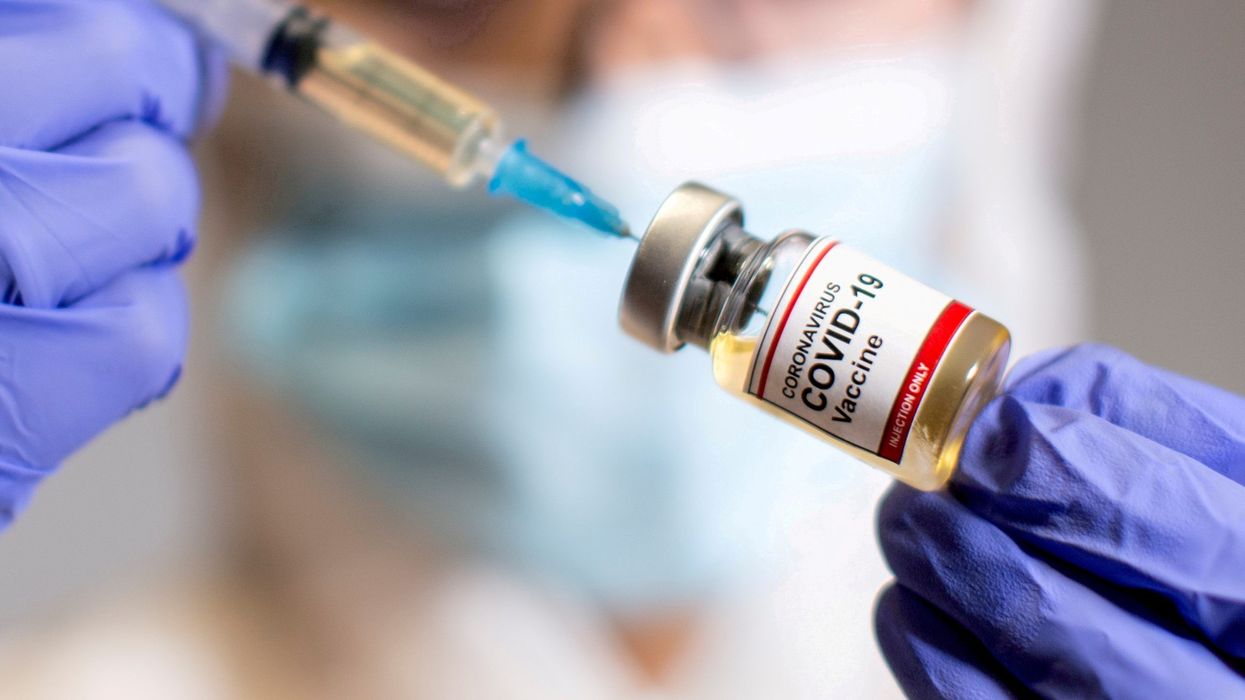Pharmacy owners that vaccinate a housebound patient in their home will be able to claim an additional £10 fee.
NHS England has agreed to offer an additional payment of £2.50 per jab if pharmacies would be willing to extend the duration of their COVID-19 vaccination contract until 31st August 2024.
Pharmacies currently providing the autumn vaccination are asked to let their local commissioner know, by 22nd February 2024, if they can provide cover for a potential Spring booster programme, if the Joint Committee on Vaccination and Immunisation (JCVI) advises in their guidance expected to be published soon.
NHS figures showed that more than 3,500 community pharmacies signed the contract to deliver COVID-19 vaccinations between 1 September 2023 and 31 March 2024, as part of the autumn booster programme.
The health service is hoping that most of these pharmacies will be able to continue to support the Spring campaign, which will run from 1 April 2024 to 31st August 2024, to help protect the nation’s most vulnerable populations.
For the Spring campaign only, pharmacies would be offered an extra £2.50 per jab in addition to the existing item of service fee of £7.54, NHS England said.
“The additional payment is to recognise that a Spring booster programme is unable to benefit from cost efficiencies linked to co-administration of COVID-19 and flu vaccines, which was part of NHS England’s original rationale for the reduction in the fees they imposed last year,” Community Pharmacy England (CPE) said in a statement published on 2 February.
Moreover, the CPE confirmed that pharmacy owners that vaccinate a housebound patient in their home (not in a care home) will be able to claim an additional £10 fee
Alastair Buxton, Director of NHS Services at CPE, said that they welcomed the additional supplemental fee for the Spring COVID-19 booster programme, but they still do not believe the baseline funding for the service is adequate.
“Despite the arguments for increased funding we put to NHS England, the baseline funding doesn’t recognise the recent inflationary increases in costs pharmacy owners have suffered, nor will it provide for the entirely predictable increases in costs which will be seen over the year ahead, such as the increase in the national minimum wage,” Buxton added.
The NHS England has updated and published the enhanced service specification on its website.













